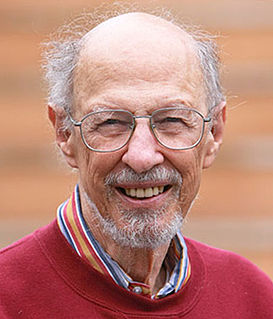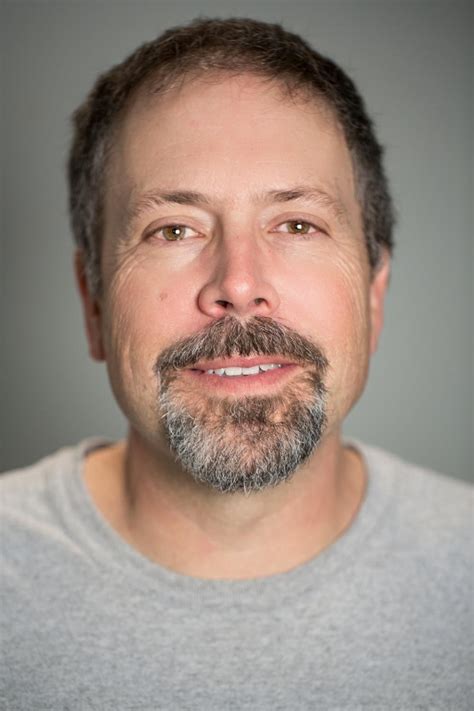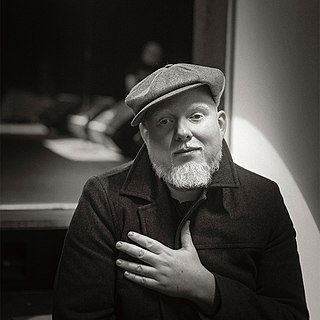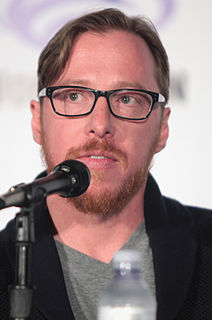A Quote by Fernando J. Corbato
The use of the high level language made each programmer a factor of 5 to 10 more productive in a coding sense and more concerned with the semantics than the syntax of modules.
Related Quotes
The complexity of C++ (even more complexity has been added in the new C++), and the resulting impact on productivity, is no longer justified. All the hoops that the C++ programmer had to jump through in order to use a C-compatible language make no sense anymore - they're just a waste of time and effort. Now, Go makes much more sense for the class of problems that C++ was originally intended to solve.
It seemed to a number of philosophers of language, myself included, that we should attempt to achieve a unification of Chomsky's syntax, with the results of the researches that were going on in semantics and pragmatics. I believe that this effort has proven to be a failure. Though Chomsky did indeed revolutionize the subject of linguistics, it is not at all clear, at the end the century, what the solid results of this revolution are. As far as I can tell there is not a single rule of syntax that all, or even most, competent linguists are prepared to agree is a rule.
When I'm actually writing by hand, I get more of a sense of the rhythm of sentences, of syntax. The switch to the computer is when I actually start thinking about lines. That's the workhorse part. At that point, I'm being more mathematical about putting the poem on the page and less intuitive about the rhythm of the syntax.
In those same 10 years, women are getting more and more of the graduate degrees, more and more of the undergraduate degrees, and it's translating into more women in entry-level jobs, even more women in lower-level management. But there's absolutely been no progress at the top. You can't explain away 10 years. Ten years of no progress is no progress.
Science starts with preconception, with the common culture, and with common sense. It moves on to observation, is marked by the discovery of paradox, and is then concerned with the correction of preconception. It moves then to use these corrections for the designing of further observation and for more refined experiment. And as it moves along this course the nature of the evidence and experience that nourish it becomes more and more unfamiliar; it is not just the language that is strange [to common culture].





































